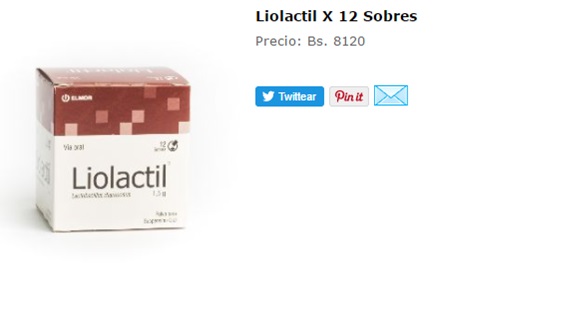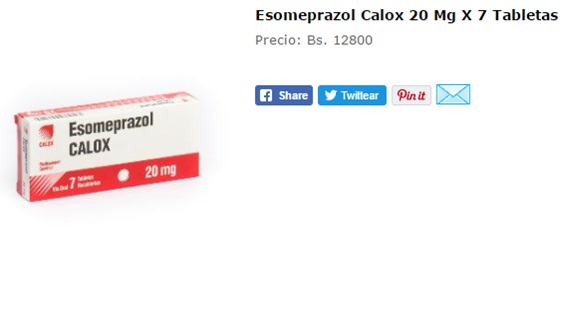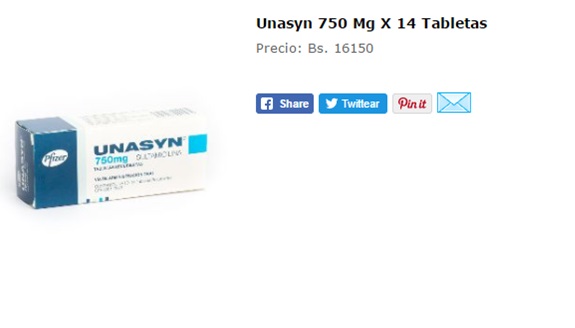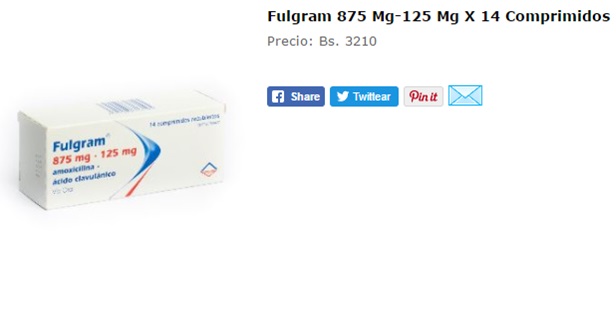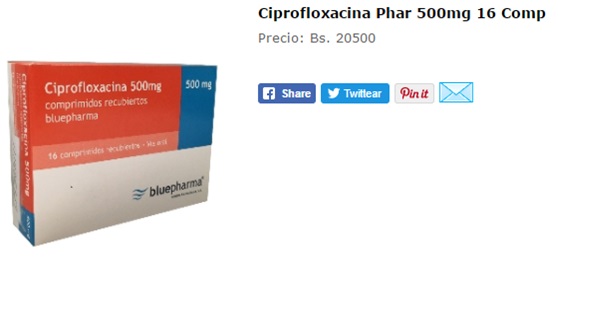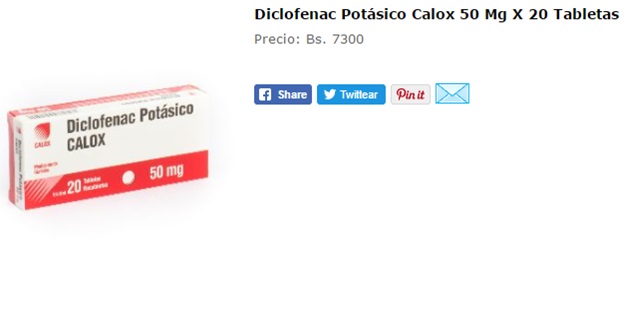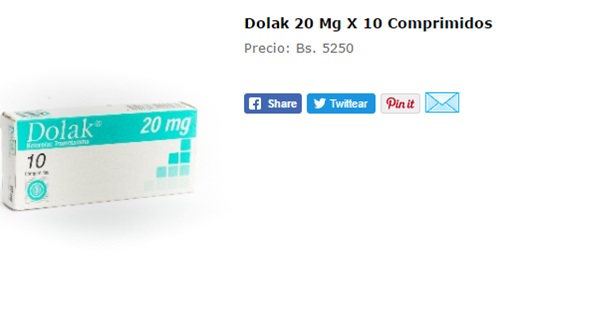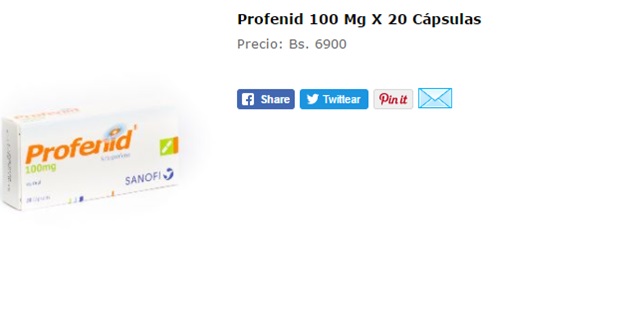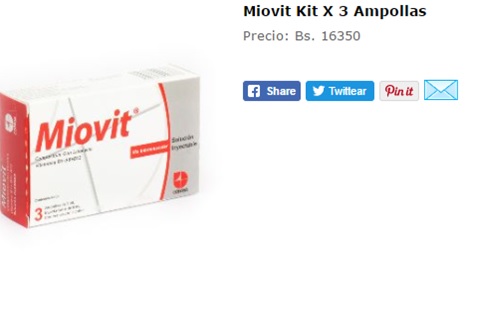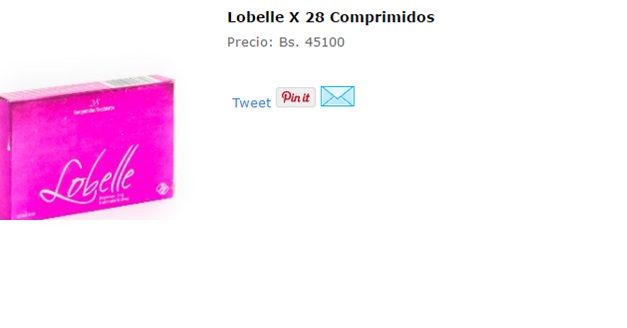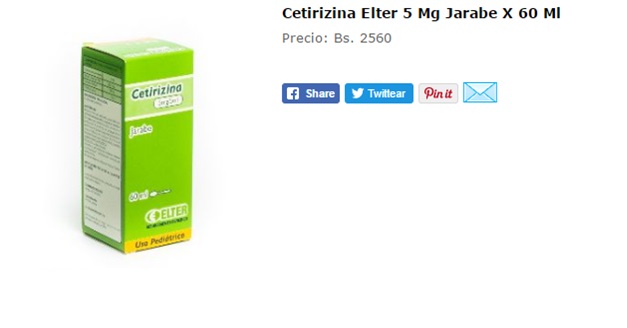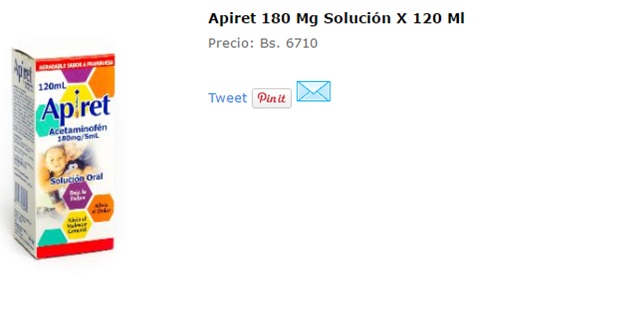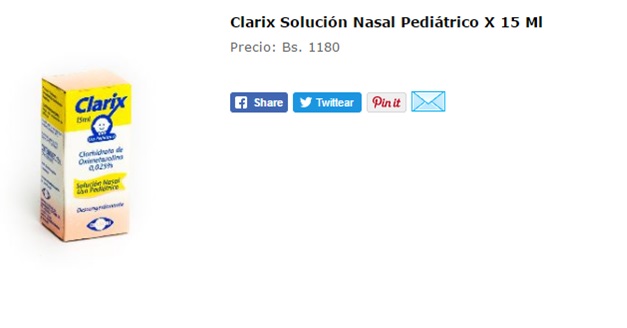One Flu Away from Disaster
Faced with a catastrophic health crisis, it’s easy to overlook mild ailments. But as medicine costs sky-rocket, even common afflictions can bring huge economic hardships for Venezuelans.


Everyone knows essential medicines for serious life-threatening conditions are almost impossible to find in Venezuela. That crushing reality has been widely reported. But there is a much less dramatic but far more widespread problem: these days, even common mild afflictions can wreak havoc on family budgets.
When it comes to common, minor health problems, the issue is less about abstract drug availability and more about palpable, immediate cost. Whether it’s diarrhea, pneumonia, otitis media, urinary tract infections (UTIs), asthma, allergies or just catching the flu, the cost of common medicines has become crippling for patients.
Hospitals lack pretty much everything, so patients almost always have to go to private pharmacies for treatment. And here, the issue is simple: price. More and more, the patients we treat tell us they can no longer afford the treatment they need.
How bad is it?
Lets see:
These are last week prices from one of the largest Venezuelan drugstore chains. The prices are probably higher now, no matter when you read this. As a reference, a simple arepa in any restaurant in Caracas goes for about Bs.4,000.
Say you happen to get diarrhea. It happens all the time, since the sanitation infrastructure has gone, well, down the toilet. A doctor will probably prescribe antibiotics. But a full treatment —including antibiotics, oral rehydration salts, and pills to re-constitute your intestinal flora, like the one above—will cost you Bs.30,290. If we base our calculation on the “Integral Minimum Wage” (i.e., minimum wage plus food bonuses), that’s three and a quarters days of work, just because you got the runs.
Ouch.
What happens if you get otitis media — a run of the mill ear infection? Or pneumonia? Both are extremely common maladies in children. Or what about any kind of mild bacterial infection for that matter? You’ll need antibiotics. Here are some of the most commonly used ones:
How about this one?
Yes, one of the most versatile, safe, and well-tolerated antibiotics on the market costs 39% of the Minimum Wage + bonuses: eight and a half working days, just to pay for it. Unbelievable.
And if you’re in any pain, for whatever reason, it’s gonna cost you to treat it:
Around 10% of Minimum Wage to get medicine for your pain: two whole working days for a few painkillers. Imagine how much it will cost to treat whatever is causing it.
Let’s say it was a neuritis — a nerve inflammation — another very common thing people come to see me about:
That’ll be more than seven minimum-wage work-days, to cover vitamins and painkillers.
Now let’s say you’re an eccentric and you decide to get into family planning….
That’ll be 4.8 working days just to have sex without bringing a child into this screwed up country.
So say you skip that and your kid gets the flu:
You’re looking a one whole day of minimum wage work (salary + bonuses) just to fight off a flu.
It’s easy to see why many patients end up not using the treatment you prescribe. Amid economic collapse, it is just impossible for most people to cope with the rising cost of living. As a doctor, your hands are tied: you prescribe a treatment you know you can’t afford yourself. You have to do it because it’s your job, but that doesn’t make it any easier to witness people struggling.
Have Your Pick: Unavailable or Unaffordable
Back in 2003, before our Bolivar became “strong”, the government developed a list of 1144 priority drugs and capped all their prices. Later, en 2005, 39 other medicines were included on the list and 16 of them got an update in their prices.
Even as accumulated inflation hit a bazillion percent in the meantime, the prices on this list remained unchanged for more than ten years until 2015, when Miguel Peréz Abad (then Economic vice president) raised the pricing on 14 (yes, just 14) of them.
More and more, the patients we treat tell us they can no longer afford the treatment they need.
These price-controlled pharmaceuticals represent about 30% of the total medicines sold in the country. Doomed to work for no profit, pharmaceutical companies have found workarounds so they can stay in business. Change the size of the box of a price-controlled drug or add a couple of suffixes to the medicine’s name and —ta da!— it’s no longer price-controlled.
Plus side: now it won’t be permanently missing from the shelves.
Minus side: nobody can afford it.
Even with the workarounds, shortages are rampant. I’ve had adult patients receiving treatments in pediatrics formulation, for example: half a bottle of pediatric suspension to complete an adult dose…bottoms up!
Free healthcare is a myth in this country, it has been for a long time now. The Venezuelan Constitution is clear: healthcare is a fundamental social right, the State is required to provide it. But for the past few years, though, we’ve been on our own.
“If I buy the medicines, I won’t be able to buy food, and if I buy food, I won’t be able to make my child get better,” a patient once told me. That phrase stayed with me, and whenever I write a prescription I find myself wondering, will this do any good? Not because I don’t believe in the treatment, but because I’m not sure my patient will be able to get it. I write the prescription and hope for a tiny miracle each time.
Caracas Chronicles is 100% reader-supported.
We’ve been able to hang on for 22 years in one of the craziest media landscapes in the world. We’ve seen different media outlets in Venezuela (and abroad) closing shop, something we’re looking to avoid at all costs. Your collaboration goes a long way in helping us weather the storm.
Donate


